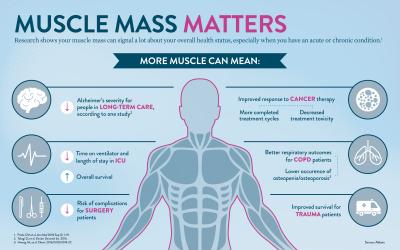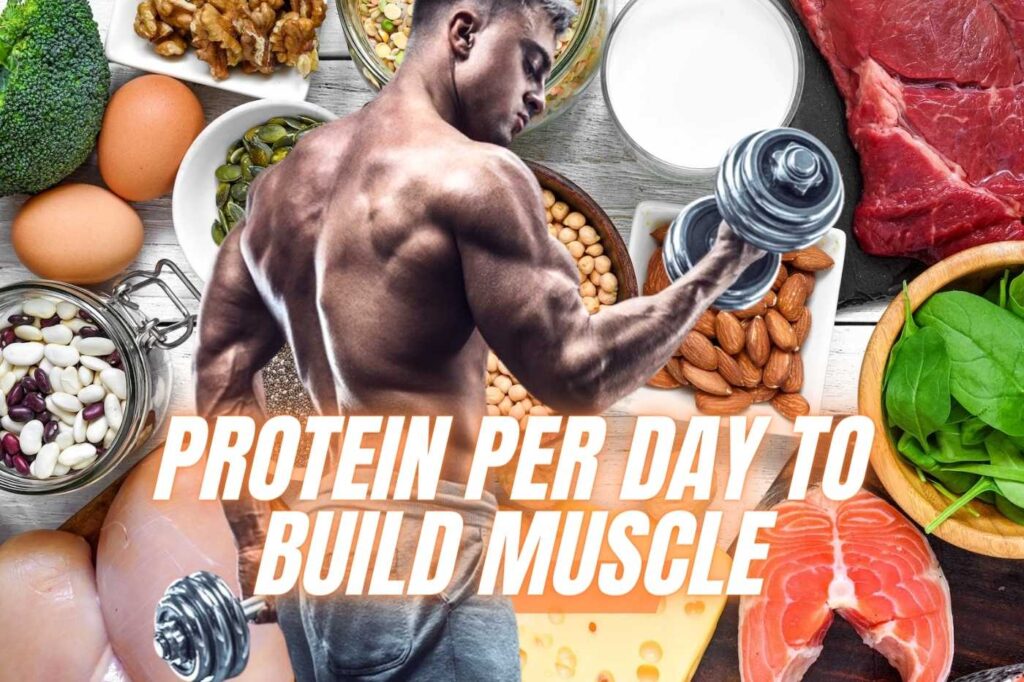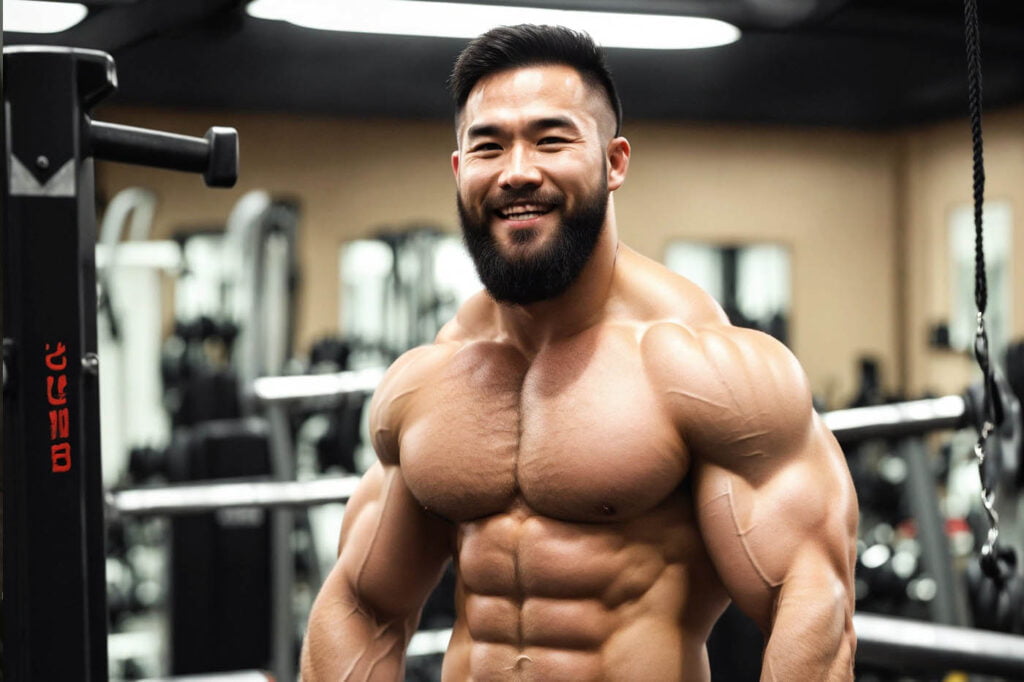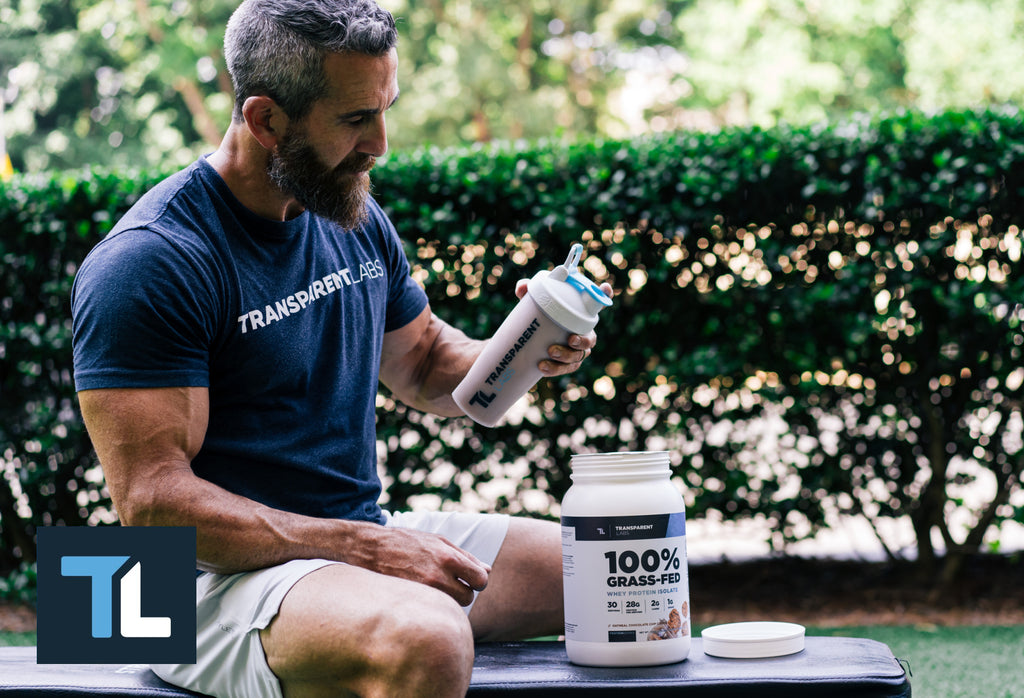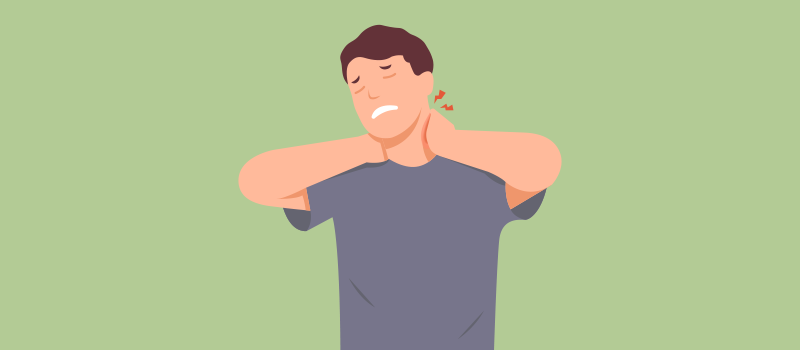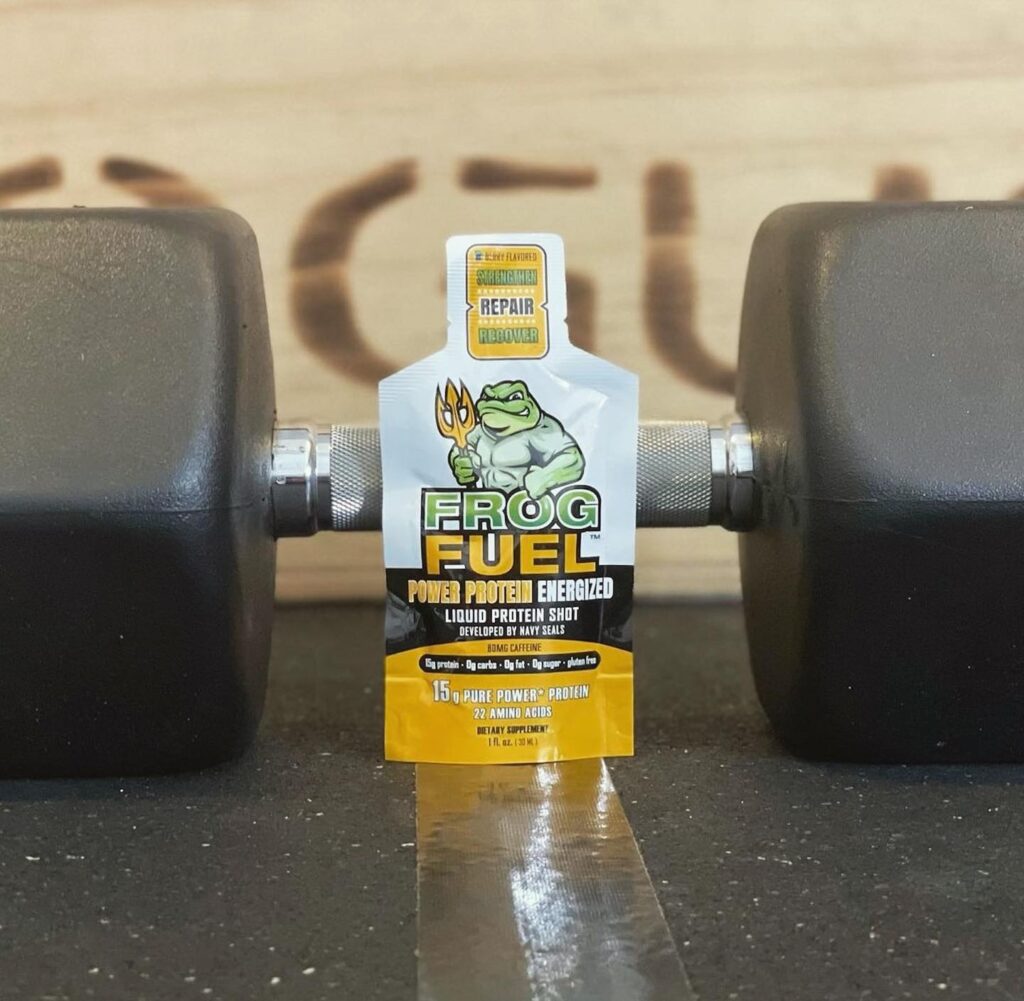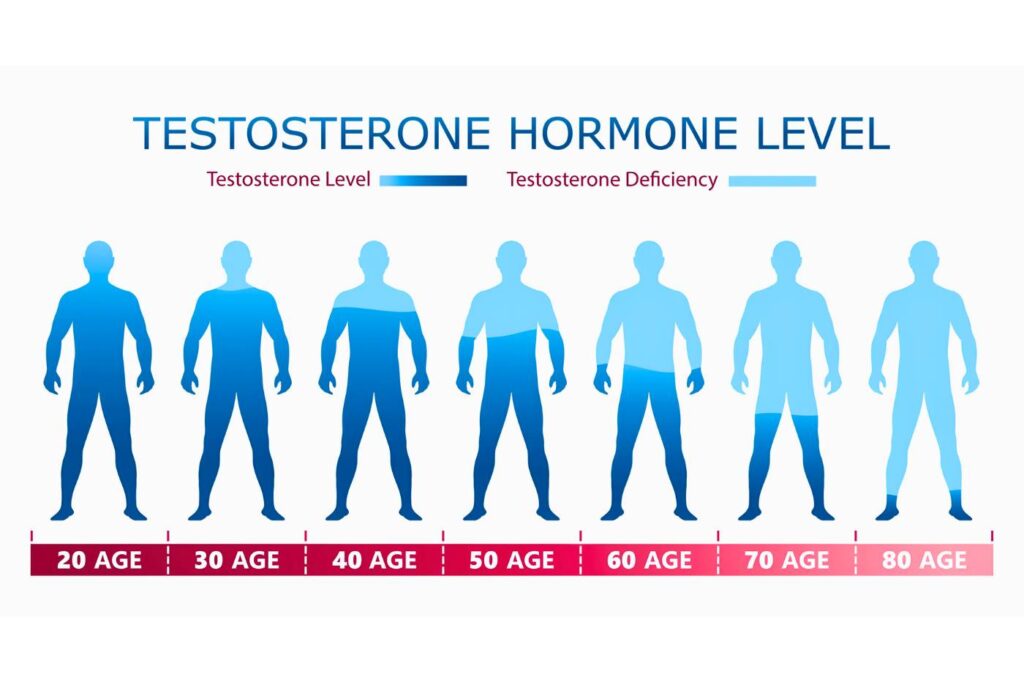Ideal muscle mass varies by age, gender, and fitness level. Consult a healthcare professional for personalized recommendations.
Muscle mass plays a crucial role in overall health and fitness. It supports metabolic functions, improves physical performance, and enhances body composition. For men, a healthy muscle mass percentage typically ranges from 40% to 50%. For women, it ranges from 30% to 40%.
These percentages can change based on age and activity level. Maintaining optimal muscle mass helps prevent chronic diseases and supports daily activities. Regular exercise, proper nutrition, and adequate rest are essential for building and maintaining muscle mass. Always seek personalized advice from healthcare or fitness professionals to determine your ideal muscle mass.
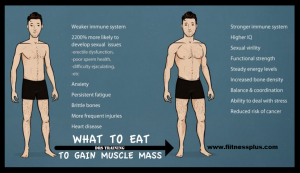
Credit: www.linkedin.com
Muscle Mass Basics
Muscle mass refers to the total amount of muscle in your body. It is important for strength, energy, and overall health. More muscle mass can help you burn more calories. It also supports your body in daily activities. Healthy muscle mass reduces the risk of injuries. It also improves your posture and balance.
Several factors influence muscle mass. Age is a big factor; muscle mass decreases with age. Gender also plays a role; men often have more muscle mass than women. Nutrition impacts muscle growth; protein is key. Exercise is crucial; strength training builds muscle. Genetics also affect how much muscle you can gain. Rest and recovery are vital for muscle repair and growth.
Determining Ideal Muscle Mass
Men and women have different muscle mass needs. Men usually have more muscle mass. This is because of higher testosterone levels. Women have less muscle mass but more body fat. It’s important to know these differences. This helps in setting realistic goals.
Age affects muscle mass too. Young adults have more muscle mass. As people get older, muscle mass decreases. Regular exercise can slow down this loss. Eating enough protein also helps in maintaining muscle mass as you age.
Body Composition Metrics
BMI measures body fat based on height and weight. It does not account for muscle mass. Muscle weighs more than fat. A muscular person may have a high BMI but low body fat. Focus on muscle mass for better health insights.
Body fat percentage shows the amount of fat in your body. Lower percentages often mean more muscle. Aim for a healthy range of body fat. Men should aim for 6-24% body fat. Women should aim for 14-31% body fat. Keeping track of this helps maintain good health.

Credit: inbodyusa.com
Muscle Mass And Fitness Levels
Athletes need more muscle mass to perform well. Strong muscles help with speed and power. They also aid in quick recovery after workouts. Training regularly builds muscles. Eating the right foods also helps. Protein is very important for muscle growth. Balanced meals are key for athletes. Staying hydrated is also vital. Muscles need water to function well.
Muscle mass helps with daily tasks. Lifting objects becomes easier. It also improves balance and posture. Strong muscles reduce injury risks. Regular exercise builds everyday strength. Simple activities like walking can help. Resistance training is also beneficial. Eating a balanced diet supports muscle health. Including fruits and vegetables is important. Staying hydrated is essential for muscles.
Nutrition For Muscle Growth
Protein is vital for muscle growth. Aim to eat protein with every meal. Good sources of protein include chicken, fish, and beans. Protein shakes can also help. Try to consume 1.6 to 2.2 grams of protein per kilogram of body weight. Eating protein after workouts helps repair muscles. Spread your protein intake throughout the day.
Carbohydrates give energy for workouts. Include whole grains, fruits, and vegetables in your diet. Fats are also important. They help with hormone production. Choose healthy fats like avocados and nuts. Balance your meals with carbs, proteins, and fats. Eating a variety of foods ensures you get all nutrients. This balance supports overall muscle growth.
Effective Training Techniques
Strength training helps build muscle. Lifting weights is a key activity. Use dumbbells, barbells, or machines. Start with lighter weights. Increase weight as you get stronger. Always use proper form. This prevents injuries. Rest between sets is important. Muscles need time to recover. Aim to train 2-3 times a week. Balance is key. Work on all muscle groups.
Cardio exercises are also important. They help burn fat. This reveals muscle definition. Running, cycling, and swimming are good choices. Aim for at least 150 minutes per week. Mix up your activities. This keeps things fun and interesting. Cardio also improves heart health. It boosts overall endurance. Combine cardio with strength training for best results.
Monitoring Progress
Use a body tape measure to track muscle growth. Measure your arms, legs, and chest. Write down the numbers each time.
Body fat scales can also help. These scales show your muscle mass percentage. Check it regularly for better results.
Progress photos offer visual proof. Take a photo every month. Compare the photos to see changes.
Do a weekly check-in. Write down your muscle measurements. Look for small changes over time.
Monthly assessments are also useful. Compare your current data with previous months. This helps you see long-term progress.
Professional assessments can give you expert insights. Visit a fitness expert for detailed analysis.
Common Misconceptions
Many believe bulking means eating junk food. This is not true. Bulking needs a balanced diet. Eating clean foods helps build muscle. Junk food leads to fat gain, not muscle. A proper diet aids muscle growth.
Both men and women can build muscle. Women fear getting too bulky. This is a myth. Women do not bulk up like men. They have less testosterone. Building muscle is healthy for everyone. It boosts strength and confidence.

Credit: www.quora.com
Frequently Asked Questions
What Is Muscle Mass?
Muscle mass refers to the amount of muscle in your body. It’s crucial for strength, metabolism, and overall health. Maintaining a healthy muscle mass can improve your physical performance and reduce the risk of injuries.
How To Measure Muscle Mass?
Muscle mass can be measured using various methods. Common techniques include bioelectrical impedance analysis and DEXA scans. These methods provide accurate readings of muscle, fat, and bone density.
What Affects Muscle Mass?
Several factors influence muscle mass, including age, diet, and exercise. Genetics also play a significant role. Consistent strength training and adequate protein intake can help maintain and increase muscle mass.
How To Increase Muscle Mass?
Increasing muscle mass requires regular strength training exercises. Adequate protein intake is also essential. Consistency in workouts and a balanced diet will yield the best results.
Conclusion
Achieving the right muscle mass is a personal journey. Consider your fitness goals, body type, and lifestyle. Consult a health professional for tailored advice. Stay consistent with your exercise routine and maintain a balanced diet. Remember, healthy muscle mass enhances overall well-being and boosts confidence.
Keep striving for a fit and healthy life.

